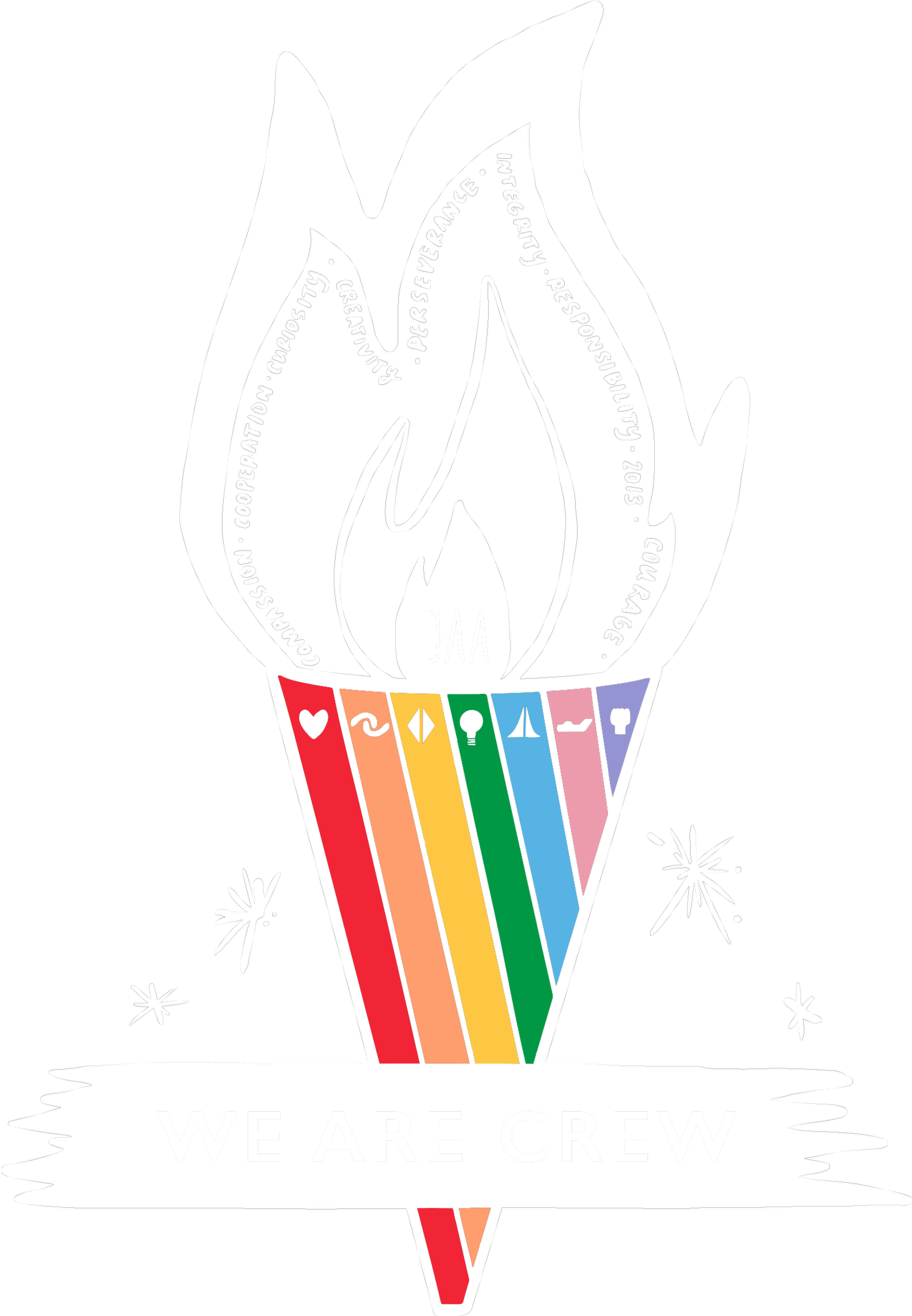Chess At DAA; It’s Not What You Learn But How Long You Learn It (Part 2)
Becoming A Master
“What separates Masters from others is often something surprisingly simple. Whenever we learn a skill, we frequently reach a point of frustration – what we are learning seems beyond our capabilities. Giving in to these feelings, we unconsciously quit on ourselves before we actually give up.” -Robert Greene, Mastery.
When I took a closer look at the EEF study one number stuck out: 30. Over the course of one year students received 30 hours of chess instruction. I thought, “30 hours?! That’s it?! This number symbolized for me all of the above desires for a quick fix to the educational gap. In the race to find a quick fix we overlook the exact element that truly produces intelligence and mastery in human beings: time! In this way we miss the second step to mastery and therefore the methods to unlocking our true powers of intelligence. The students who were taught chess were not taught to become serious chess players on the path to mastery or even shown what the path to mastering a subject looks or feels like; they were only taught to play a legal game of chess. In that way it’s no surprise, in my opinion, to have no effect on grades. One hour a week is simply not enough and now, thankfully, we have proof.
Chess At DAA
“It is time to reverse this prejudice against conscious effort and to see the powers we gain through practice and discipline as eminently inspiring and even miraculous.” -Robert Greene, Mastery.
At this point I hope it’s clear that I do not see learning and playing chess as a magic bullet. What I have seen, however, that is completely magical is when a lot of dedicated and intense time is put into any form of learning—chess included! At that point one has not learned just chess but how, in time, to master any subject or skill.
If we look at the number of hours our chess students at DAA spend learning and playing chess we can immediately see a difference to the EEF study. Chess club, meeting twice a week during the school year (2.5 hours weekly), will hit over 80 hours of chess practice. If we look at our intensive summer program then, in one month, students will easily hit 20 hours of chess practice. Whether chess alone will have an impact on grades apparently needs more research but the abilities to work hard for extended periods, to overcome challenges, to study something in all it’s complexities, and to never give up on what interests you are the very foundations of intelligence itself. In that way chess is a fantastic arena in which to discover and hone those abilities. So is art, music, sports, science…
"The real thinker sees the connections, grasps the essence of the life force operating in every individual instance. Why should any individual stop at poetry, or find art unrelated to science, or narrow his or her intellectual interests? The mind was designed to connect things, like a loom that knits together all the threads of a fabric." -Robert Greene, Mastery.
Final Word
There is no quick fix. Chess, as well as any other activity, simply does not hold the secret formula for the creation of super students. What we do know, however, is that using chess, or any art form of learning, as a base on which to learn how to approach mastery does produce intelligence and of the highest possible order. I don’t mean to be overly critical of the EEF study; they have certainly discovered that 30 hours of practice is not enough to see results, at least grade-wise, so I hope that research will continue on in the hopes of finding that real number of hours that one needs in order to develop, understand, and wield the tremendous intelligence contained within the path of mastering a subject. If current ideas are correct it will probably be far from 30 and closer to 10,000.

